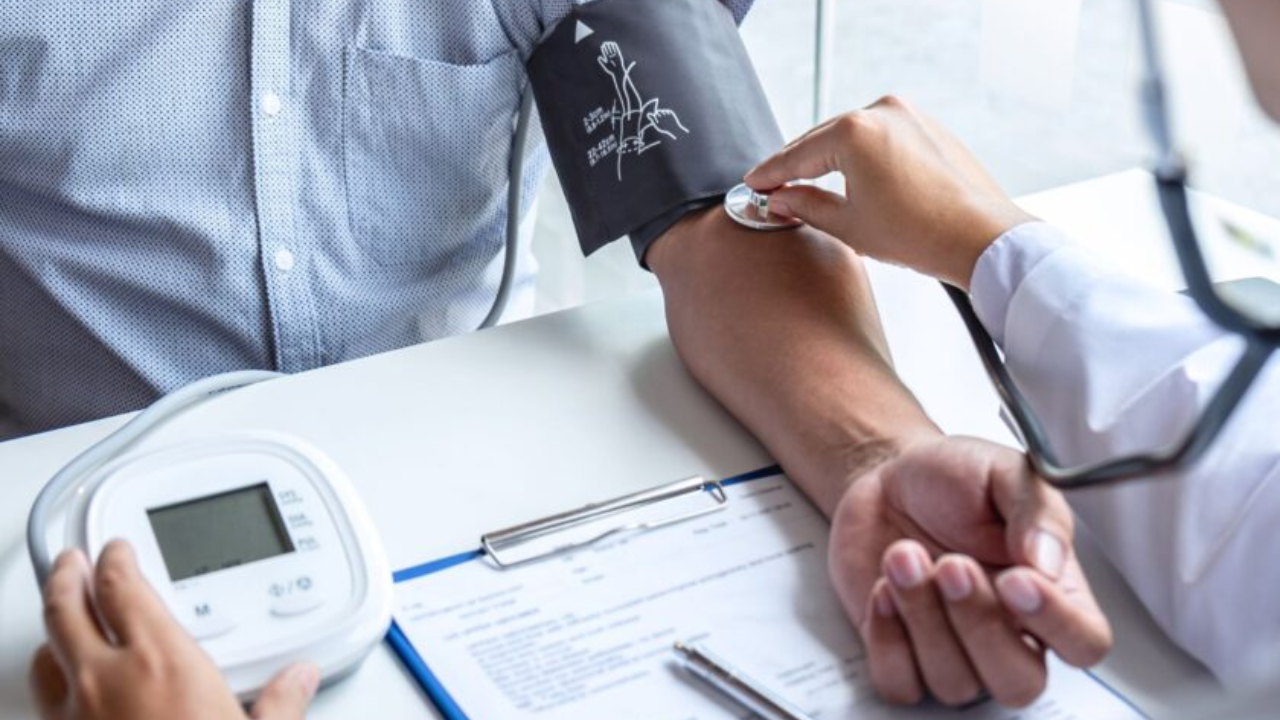Regular checkups are a cornerstone of maintaining good health. These routine visits to your doctor allow for early detection of potential health issues before they become serious problems. By catching and addressing concerns early, patients can often avoid more complicated and costly treatments down the road.
Preventive care is a key component of regular checkups. During these appointments, doctors can perform screenings, update vaccinations, and provide personalized health advice. Regular check-ups have been shown to reduce the risk of chronic diseases and improve overall health outcomes.
These visits also provide an opportunity for patients to discuss any health concerns or changes they’ve noticed. Building a long-term relationship with a healthcare provider allows for more personalized care and better tracking of health trends over time. This proactive approach to healthcare can lead to improved quality of life and potentially increased longevity.
Understanding the Importance of Regular Medical Check-Ups
Regular medical check-ups play a crucial role in maintaining long-term health. These routine visits allow doctors to monitor patients’ well-being and address potential issues before they become serious problems.
Early Detection and Prevention
Regular check-ups enable primary care doctors to detect health issues early. Through screenings and tests, physicians can identify conditions like high blood pressure, high cholesterol, and diabetes before symptoms appear. This early detection often leads to more effective treatment outcomes.
Cancer screenings, such as mammograms and colonoscopies, are vital components of routine check-ups. These tests can detect cancers in their early stages when they are most treatable.
Blood pressure checks during regular visits help monitor cardiovascular health. Consistent monitoring allows doctors to spot trends and intervene if necessary.
Primary care physicians use routine check-ups to assess patients’ overall health status. They may order blood tests to evaluate cholesterol levels, blood sugar, and other important health markers.
Maintaining a Healthy Doctor-Patient Relationship
Regular visits provide opportunities for the primary care doctors to offer preventive care advice. Regular medical check-ups foster a strong doctor-patient relationship. These visits allow patients to discuss health concerns and receive personalized care based on their individual needs.
Consistent appointments give doctors a comprehensive view of a patient’s health history. This knowledge enables them to provide more accurate diagnoses and tailored treatment plans.
Patients benefit from having a trusted medical professional who knows their medical history. This familiarity can lead to more open communication about health issues and lifestyle factors.
Regular visits provide opportunities for doctors to offer preventive care advice. They can recommend lifestyle changes or preventive measures based on a patient’s specific health profile.
Strategies for Proactive Health Management
Proactive health management involves taking intentional steps to maintain and improve one’s well-being. These strategies encompass lifestyle choices, ongoing medical care, and preventive measures.
Lifestyle and Wellness
Regular physical activity forms a cornerstone of good health. Aim for at least 150 minutes of moderate exercise or 75 minutes of vigorous exercise weekly. This can include brisk walking, swimming, or cycling.
A balanced diet rich in fruits, vegetables, whole grains, and lean proteins supports overall health. Limit processed foods, sugary drinks, and excessive salt intake. Stay hydrated by drinking adequate water throughout the day.
Stress management is crucial for mental and physical well-being. Practice relaxation techniques such as meditation, deep breathing, or yoga. Prioritize quality sleep, aiming for 7-9 hours nightly.
Avoid harmful habits like smoking and excessive alcohol consumption. These behaviors increase the risk of chronic diseases and negatively impact quality of life.
Ongoing Condition and Medication Monitoring
Regular health check-ups allow for early detection and management of chronic conditions. Schedule appointments with healthcare providers as recommended based on age, gender, and health status.
Keep track of important health metrics:
- Blood pressure
- Cholesterol levels
- Blood sugar levels
- Body Mass Index (BMI)
For those with chronic illnesses, adhere to prescribed treatment plans. Take medications as directed and attend follow-up appointments to monitor progress and adjust treatments if needed.
Stay informed about family health history. This knowledge helps healthcare providers assess individual risk factors and recommend appropriate screening tests.
Immunizations and their Role in Health Preservation
Vaccines play a vital role in preventing serious illnesses. Stay up-to-date with recommended immunizations throughout life, not just in childhood.
Key adult vaccinations include:
- Annual flu shot
- Tetanus booster every 10 years
- Shingles vaccine for adults 50 and older
- Pneumococcal vaccines for older adults or those with certain health conditions
Discuss travel vaccinations with a healthcare provider before international trips. Some destinations may require specific immunizations to protect against local diseases.
Maintain accurate vaccination records. This information helps healthcare providers ensure proper immunization status and avoid unnecessary doses.



